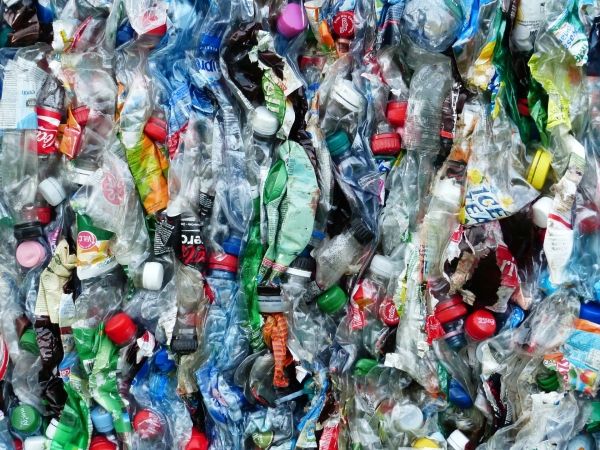In collaboration with colleagues at universities in the UK, China and the Kingdom of Saudi Arabia, researchers in the Edwards/ Xiao group at Oxford’s Department of Chemistry have developed a method of converting plastic waste into hydrogen gas which can be used as a clean fuel, and high-value solid carbon. This was achieved with a new type of catalysis developed by the Edwards group which uses microwaves on catalyst particles to effectively ‘strip’ hydrogen from polymers.
The findings, published in Nature Catalysis, detail how the researchers mixed mechanically-pulverised plastic particles with a microwave-susceptor catalyst of iron oxide and aluminium oxide. The mixture was subjected to microwave treatment and yielded a large volume of hydrogen gas and a residue of carbonaceous materials, the bulk of which were identified as carbon nanotubes.
This rapid one-step process for converting plastic to hydrogen and solid carbon significantly simplifies the usual processes of dealing with plastic waste and demonstrates that over 97% of hydrogen in plastic can be extracted in a very short time, in a low-cost method with no CO2 burden.
Read more at: University of Oxford
Photo Credit: Hans via Pixabay


